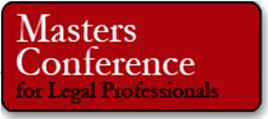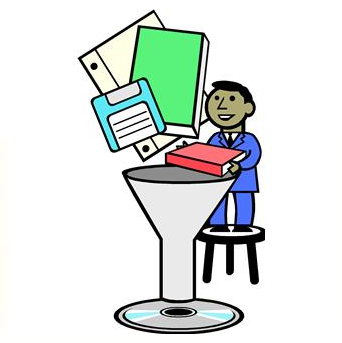Court Rules Lack of Bad Faith in Denying Sanctions for Defendants’ Deletion of ESI: eDiscovery Case Law

In Martin v. Stoops Buick, Inc. et. al., No. 14-00298 (S.D. Ind., Apr. 25, 2016), Indiana Chief District Judge Richard L. Young ruled that the plaintiff did not carry her burden of proving that the defendants’ deliberately destroyed evidence in bad faith; therefore, he denied her Motion for Sanctions Against Defendants for the Spoliation of Evidence.
Case Background
In this wrongful termination case, the plaintiff worked for the defendants for nearly a year as a part-time employee before being offered full time employment in February 2013. However, two weeks after her full-time work began the defendants terminated the plaintiff’s employment stating that “she [was] not a good fit for [the] position” and replaced her with a new hire. The plaintiff claimed that immediately after she was terminated, she informed the defendant’s General Manager that she was going to file a discrimination claim against the dealership, she filed an Equal Employment Opportunity Commission (“EEOC”) claim within two weeks and the defendants were notified three days later. After hearing from both sides, EEOC dismissed the charge in Novermber 2013, after which the Plaintiff filed suit in February 2014.
In December 2015, the plaintiff filed an instant motion for sanctions against the defendants for spoliation of evidence, claiming they destroyed and/or replaced the plaintiff’s work computer, which precluded her from obtaining evidence in support of her claims, and that the plaintiff’s supervisor (Debra Trauner) deleted her e-mail communications with her replacement (Lisa Goodin) that allegedly occurred before she received her resume.
The defendant’s unwritten data retention policy called for the files of terminated employees to be preserved for at least 30 days. Shortly after the plaintiff was terminated, Trauner claimed she asked the IT department to preserve all of Plaintiff’s computer data and, according to Trauner, “they said they would.” However, she later requested the plaintiff’s email files and work documents and IT said they had been deleted. Trauner also claimed she deleted her sent e-mail as a matter of course “whenever [her] computer would tell [her] that [she] can’t send e-mails anymore”, so the emails with the new employee were no longer available.
Judge’s Ruling
Judge Young, referencing Malibu Media, LLC v. Tashiro, noted that “[t]he court’s determination of whether spoliation occurred requires a two-part inquiry… First, the court must determine whether the defendant was under a duty to preserve evidence; second, it must determine whether the defendant destroyed evidence in bad faith.”
Regarding the duty to preserve, Judge Young stated: “Although Trauner testified to placing a litigation hold on Plaintiff’s work e-mails, there is no evidence in the record to support her statement. There is no evidence of a ticket generated by the IT department regarding the request, and neither Prow, Nolan, Nelson, Jarvis, Stocking, nor Robinson could verify such a request. The court therefore finds Defendants breached their duty to preserve evidence.”
Regarding the determination as to whether the defendant destroyed the evidence in bad faith, Judge Young noted that the defendant “did produce those documents responsive to Plaintiff’s First Request for Production of Documents that were in its possession” and characterized Trautner’s testimony that she deleted the emails with Goodin to make room on the server as “credible”. He also stated: “Lastly, and most significantly, Plaintiff’s own expert admitted that, after hearing all of the evidence, Stoops did not destroy evidence in bad faith. (Tr. at 110 (“Q: But you did not — it’s your opinion, based upon your background and experience, that what you’ve seen and heard and read and that’s been provided to you, that you do not find bad faith here? A: Right. Correct.”). Plaintiff, therefore, has failed to establish the required element of bad faith.”
As a result, Judge Young ruled that the plaintiff did not carry her burden of proving that the defendants’ deliberately destroyed evidence in bad faith and denied her Motion for Sanctions.
So, what do you think? Was the court right to deny sanctions due to lack of bad faith? Please share any comments you might have or if you’d like to know more about a particular topic.
Disclaimer: The views represented herein are exclusively the views of the author, and do not necessarily represent the views held by CloudNine. eDiscovery Daily is made available by CloudNine solely for educational purposes to provide general information about general eDiscovery principles and not to provide specific legal advice applicable to any particular circumstance. eDiscovery Daily should not be used as a substitute for competent legal advice from a lawyer you have retained and who has agreed to represent you.






